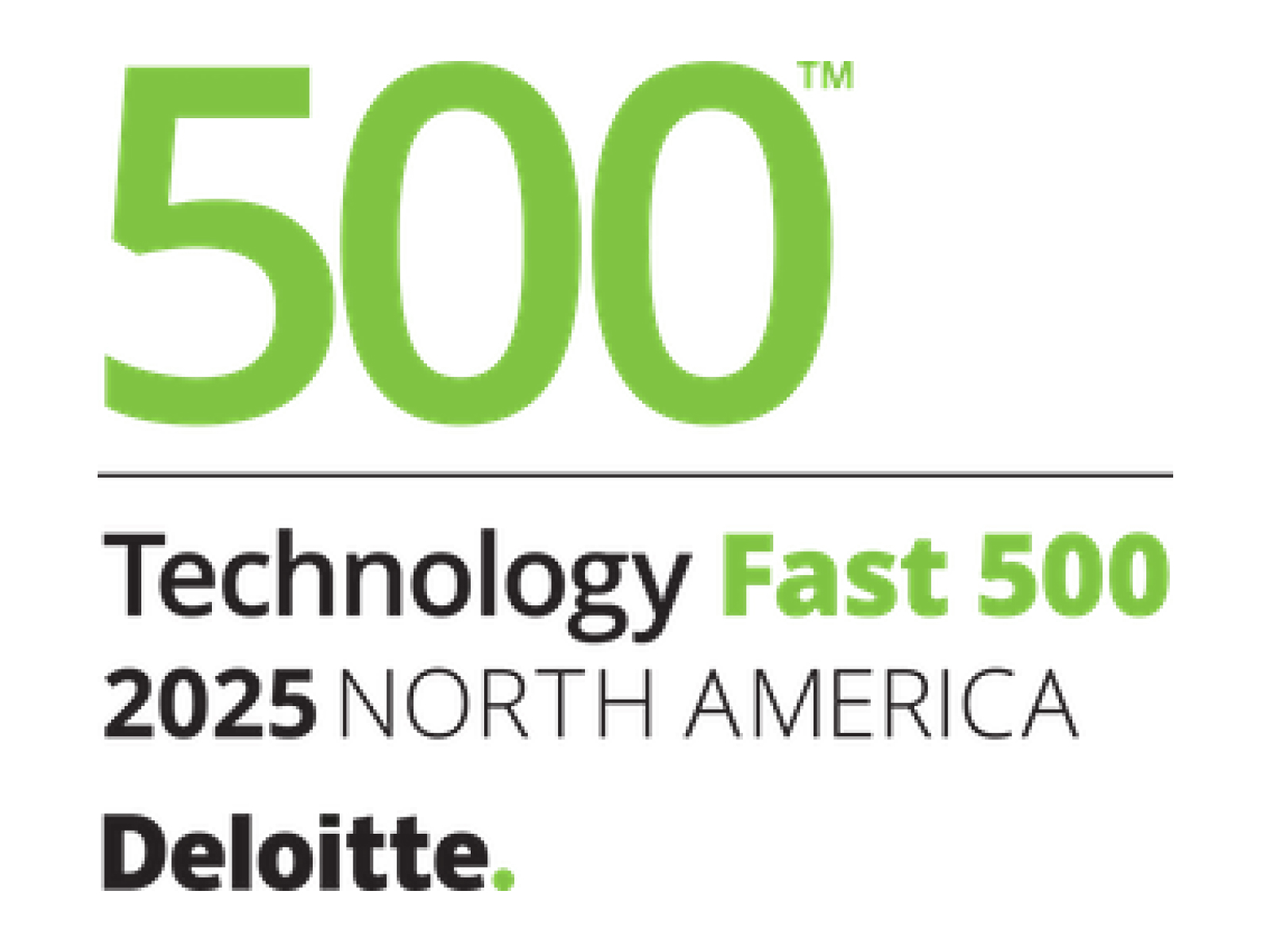We're nearly halfway through this transformative decade — a period marked by unprecedented challenges and complexity for families — and there's simply no doubt: family caregiving has moved from the margins to the center of modern life.
Since the start of the COVID-19 pandemic five years ago, the care crisis has intensified in scope. The population of Sandwich Generation caregivers — those caring for children under 18 while supporting aging parents and relatives — continues to grow, and today's workforce now spans six generations, each with unique care needs requiring tailored support.
As caregiving becomes more universal, its very definition has expanded — prompting employers, media outlets, and institutions across government, technology, business, and advocacy to reimagine the infrastructure needed to help families thrive.
The road ahead remains complex, but we're entering 2025 with unprecedented gains and a clear vision. The past year has highlighted the impact of caregiving initiatives through groundbreaking research, innovative state policies, and expanding childcare solutions — creating not just momentum, but a blueprint for transformation in the year ahead.
The data is clear: Comprehensive family care solutions deliver measurable impact
Across academia, research firms, business publications, and advocacy reports, the evidence paints a unified picture: investing in care support drives measurable impact for employers and employees alike.
We began 2024 with research that would become the seminal caregiving study of the year, Harvard Business School's landmark "Healthy Outcomes" report. This independent analysis of nearly 100 Wellthy clients revealed the substantial impact of comprehensive care support. As HBS Professor Joe Fuller noted: "Employers who make the right investments in caregiving benefits for employees are more likely to see better outcomes such as higher retention and better engagement."
The numbers tell a compelling story. Companies partnering with Wellthy see a more than 2 to 1 return—calculated at 126%—just on retention alone from our care concierge services. Additionally, nearly 70% of employees report staying better engaged on the job, missing fewer meetings and avoiding days off for family care responsibilities.
The economic stakes became even clearer throughout 2024. Columbia University quantified family caregiving's value at $873.5 billion, while Principal Financial exposed a stark reality: caregivers leaving work to care for parents lose an average of $304,000 in lifetime wages and benefits. This finding carries particular weight as 24% of Sandwich Generation caregivers currently consider leaving their jobs due to care needs.
The evidence continued to mount. Pivotal Ventures' "The Data-Driven Case for Care" highlighted caregiving's political power (82% of voters named it a top priority for candidates), while finding that 80% of working parents cited childcare as decisive for job retention. Mom's First and Boston Consulting Group added further validation, showing that childcare benefits pay for themselves—retaining just 1% of eligible employees offsets the entire program cost.
Childcare evolution: New solutions for today's workforce
The childcare landscape reached a critical inflection point in 2024, with working parents missing work at record rates due to care needs. The stark reality — childcare costs rivaling or exceeding rent in all 50 U.S. states, millions of work hours lost to care challenges, and persistent care deserts — has elevated childcare from a family issue to a central workforce concern.
In response, we've seen the emergence of crucial resources and solutions. NationSwell's Childcare For All website launched as an essential hub for employers, consolidating research, solutions, data, and testimonials that demonstrate the clear ROI of childcare benefits. Meanwhile, the backup care sector has undergone significant disruption as traditional solutions struggle to meet the increasingly diverse needs of modern families. Wellthy's enhanced backup care offering, which expanded significantly throughout 2024 to serve dozens of employers, represents our commitment to meeting these evolving needs with innovative, flexible solutions.
Policy breakthroughs: Federal and state wins for family caregivers
The U.S. Treasury Department's critical guidance clarifying that employer-provided caregiving benefits should not be treated as taxable benefits was one of the defining policy moments of 2024. This victory, achieved through Wellthy's collaborative effort with ERIC and industry partners, created much-needed clarity for employers and employees alike—strengthening the foundation for comprehensive care benefits when families need them most.
States also emerged as laboratories for innovative care policy. Oklahoma and Nebraska led the way, becoming the first states to pass legislation providing tax credits for family caregivers. And we also saw a major victory for military families with the passage of the Senator Elizabeth Dole 21st Century Veterans Healthcare and Benefits Improvement Act. This legislation expands caregiving benefits for elderly veterans and modernizes medical options beyond the VA health system.
Where care is expanding as we leap into 2025
“You have to have confidence in your ability, and then be tough enough to follow through,” reflected former First Lady Rosalynn Carter, a tireless champion for caregiving. Her words resonate deeply as we enter 2025, having built such incredible momentum and confidence through the achievements of 2024. Now comes the crucial part: following through on our promise to make care infrastructure accessible for every family.
The year ahead promises to transform care support in ways that will touch millions of families—from reimagining childcare solutions that truly work for modern parents, to embracing caregiving's global nature, to crafting a more powerful narrative that resonates from corporate boardrooms to legislative chambers. This is how we'll shape both policy and culture to better serve families where they are.
Childcare & backup care in 2025: Meeting modern families where they are
The childcare landscape stands at a critical crossroads, where workforce participation and economic stability hang in the balance. With millions of families struggling to balance work and care responsibilities, the impact is profound: childcare challenges for families with children aged 0-3 alone carry a staggering $120 billion annual economic impact. And as labor markets remain tight across industries, employers are recognizing that childcare support is fundamental to workforce stability and business success.
The path forward demands solutions as diverse as today's workforce itself. From 9-to-5 office environments to round-the-clock operations, from hourly workers to salaried professionals, each workforce presents unique challenges that require tailored approaches. Leading employers are stepping up to this challenge, recognizing their crucial role in supporting working families through innovative care solutions that adapt to modern needs.
At Wellthy, we’re seeing this evolution in backup care support already showing transformative results. Take the City of Philadelphia, where Wellthy is supporting their 20,000+ workforce with our backup care offering. Our approach to backup care has allowed us to revolutionize the way employees balance work and family responsibilities, and we’re seeing incredible impact. As one City of Philadelphia employee, Briannah, shared with us: "Wellthy has allowed me to work without worry of childcare.... I am not forced to take time off that I need in case emergencies arise. I cannot express enough my appreciation—the company is truly a breath of fresh air."
This real-world impact demonstrates the power of innovative solutions, particularly those that leverage extensive care networks to ensure families can access needed support regardless of their location or schedule. The future of childcare and backup care lies in this kind of adaptability and reach, and here at Wellthy that spirit is guiding our work more than ever as over a dozen new clients launch with us in early 2025 to support their employees with our backup care solution.
Global caregiving: Breaking down geographic barriers
The reality of today's workforce extends far beyond traditional geographic boundaries. Families are increasingly managing care responsibilities that span continents, with team members coordinating support for loved ones across international borders. This global dimension of caregiving demands solutions that are both comprehensive in reach and nuanced in local understanding.
The image of care support must evolve to match this reality. Drawing on our ability to deliver support across 190 countries and in more than 130 languages, we're seeing firsthand how critical it is to combine global reach with local expertise. From providing in-market support in places like Canada and Ireland, to partnering with local providers in India for on-the-ground assistance, to being able to deliver specialized regional coordination across Europe or South America, each market requires its own carefully calibrated approach.
This isn't just about geographical coverage — it's about understanding the unique caregiving customs, healthcare systems, and support structures in each region. Working within local regulatory frameworks and leveraging global best practices, together we can ensure that whether an employee is managing care for an aging parent in Mumbai or coordinating childcare in Dublin, they have access to support that truly meets their care needs.
The connective tissue of global caregiving — the shared experiences, challenges, and emotional journeys — transcends borders. By building a platform that's both globally accessible and locally attuned (Wellthy is now accessible in 130+ languages in more than 190 countries), we're responding to the reality that today's benefits must be as borderless as today's workforce.
Care's story in 2025: From individual journeys to collective action
We arrive in 2025 at a moment where care's story has evolved from whispered hallway conversations and hidden text messages to headline news and open dialogue among colleagues. Yet this increased visibility is just the beginning of a deeper transformation. The weight and impact of caregiving continues to grow more complex and more universal, touching every workforce, every community, and every family in ways both profound and everyday.
Our collective story of care is expanding because it must. From parents navigating their children's mental health challenges to families coordinating care across continents, from employees supporting aging parents to pet parents managing the full spectrum of their animals' care needs — each chapter reflects the rich diversity of modern family life and the countless ways we show up for those who depend on us.
This moment calls for more than acknowledgment — it demands bold action. As caregiving and childcare emerged as a rare point of bipartisan focus on the campaign trail, we have an unprecedented opportunity to make lasting change. Employers are reimagining benefits, policymakers are crossing party lines, media is amplifying family voices, and communities are rallying around care's central role in our society.
As we say so often at Wellthy, we dream of a world where everyone has the care infrastructure they need to take care of their own health, and the health and well-being of their families. The advancements of the first half of the 2020s have brought us closer to this vision than ever before, and 2025 stands before us as a year of remarkable possibility.
Together, we can channel this energy into meaningful change — ensuring that the years ahead bear innovation, compassion, and empathy for everyone no matter where they are on their care journey, and that we truly move the needle when it comes to building better care support for families around the globe.





.png)